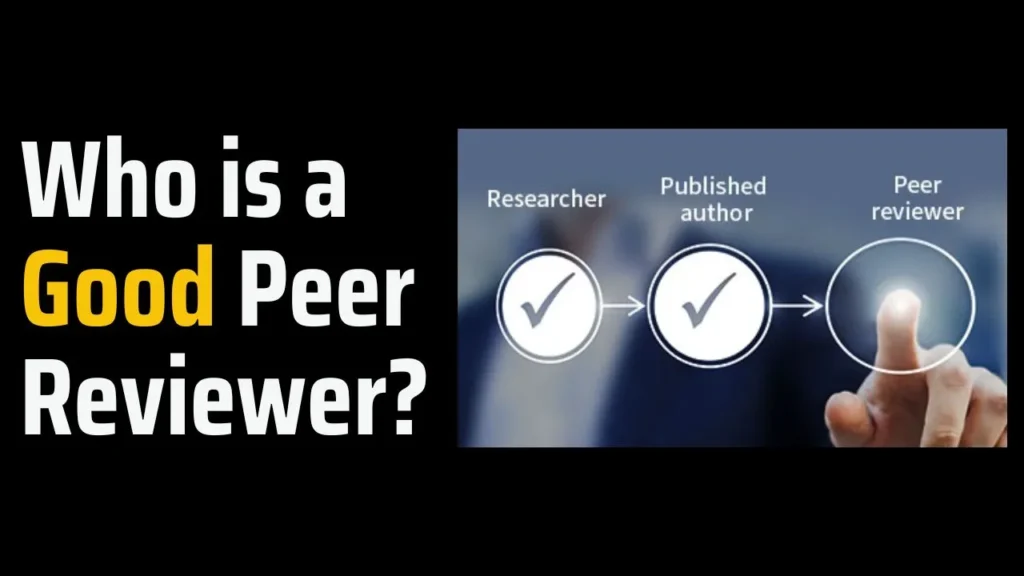A peer reviewer is an individual who assesses and critiques the work of fellow professionals within the same field or domain of expertise.
Peer review constitutes a critical process wherein specialists within a particular discipline evaluate the caliber and authenticity of research or scholarly submissions intended for publication or funding.
Reviewers are chosen based on their knowledge and background in the relevant field, tasked with offering constructive feedback and analysis to enhance the quality of the material being reviewed.
This practice holds significant importance in academia and the scientific process, playing a important role in ensuring the reliability and precision of research findings and published works.
Good peer reviewer
A good peer reviewer is typically an individual with expertise in the subject matter being assessed in a manuscript.
They can offer insightful and constructive feedback, evaluating the research methodologies and data analysis approaches employed in the study and suggesting areas for enhancement.
A good peer reviewer maintains impartiality, providing fair and objective assessments even in cases where they may disagree with the conclusions drawn in the study.
Moreover, they excel in communicating their feedback clearly and respectfully.
A proficient peer reviewer has the ability to quickly identify the strengths and weaknesses of a research paper or proposal. They focus on grasping the overall contributions of the work rather than becoming overly fixated on specific details.
These reviewers are strong communicators who know how to deliver constructive criticism effectively. Additionally, they prioritize punctuality, acknowledging situations where time constraints prevent them from accepting a review assignment.

How To Be A Good Peer Reviewer?
- Offer helpful critique even if content isn’t ready for publication.
- Focus on innovation in peer review while enhancing the work.
- Respect the researcher and research by adding value.
- Assess for originality, appropriateness, and relevance.
- Don’t handle copyediting or formatting issues.
- Notify authors of obstacles hindering understanding.
- Suggest resubmission after resolving concerns.
- High-quality material benefits the scholarly community.
- Increased research leads to broader intellectual influence.
To be an effective peer reviewer, it’s crucial to provide constructive criticism even if the content isn’t yet ready for publication.
With the increasing number of contributors, there’s a strong focus on innovative peer review, but ensure that your feedback genuinely enhances the work.
If you accept a review, show respect to the researcher and their work by adding value. Your role is to assess the research for originality, appropriateness, and relevance, not to handle copyediting or formatting issues.
If you notice that these shortcomings are obstructing the understanding of the scientific concepts, it’s important to inform the author and propose that the work be resubmitted once the issues have been rectified.
Remember that the scholarly community benefits from high-quality material. More research leads to increased reading and sharing among content creators, expanding the intellectual community’s scope and influence.
Conclusion
A good peer reviewer plays a vital role in maintaining the quality and integrity of scholarly work. Their expertise, constructive feedback, impartiality, and focus on enhancing research contribute significantly to the advancement of knowledge within academic and scientific communities.
By understanding the responsibilities and qualities of a good peer reviewer, researchers can ensure that their work undergoes thorough evaluation, leading to improved publications and a stronger intellectual foundation for future projects.



